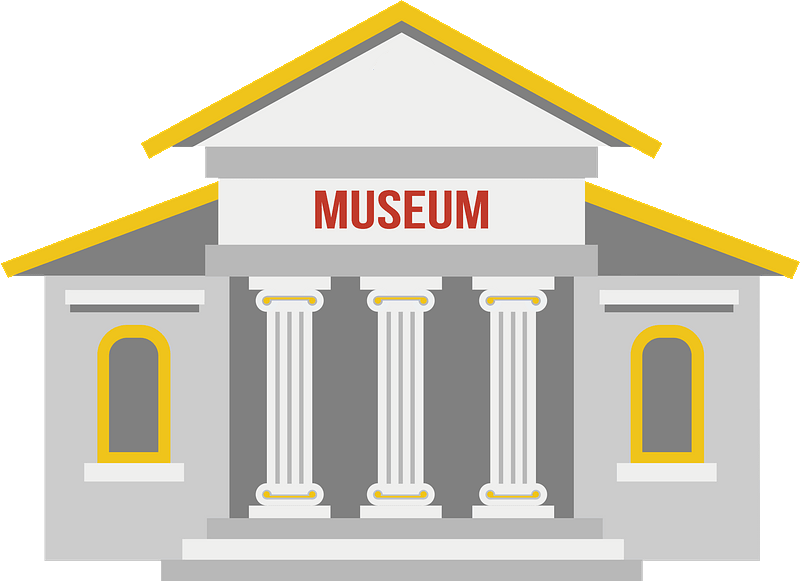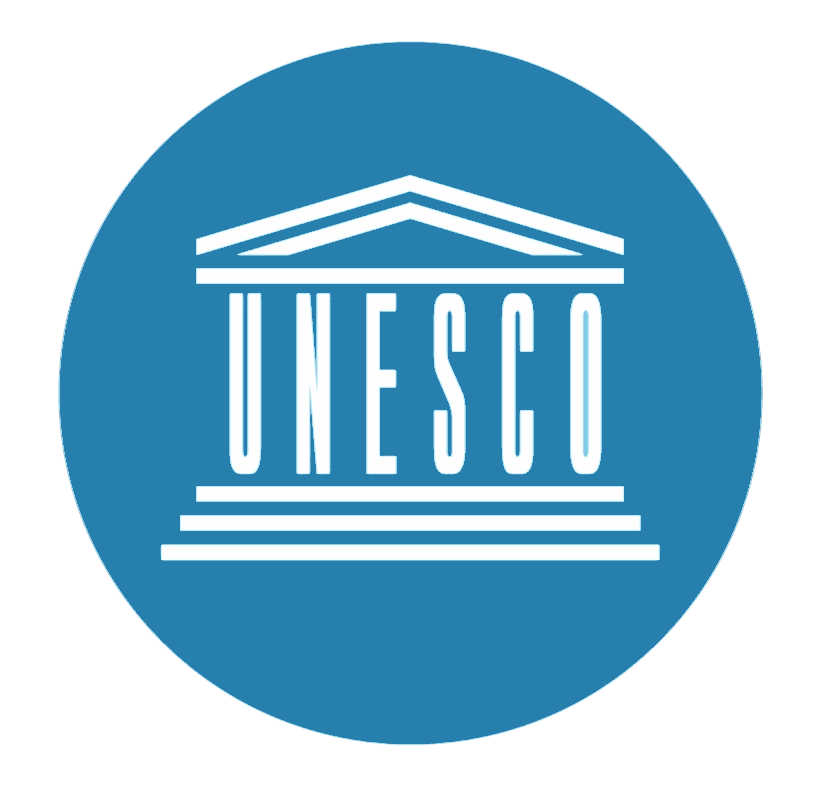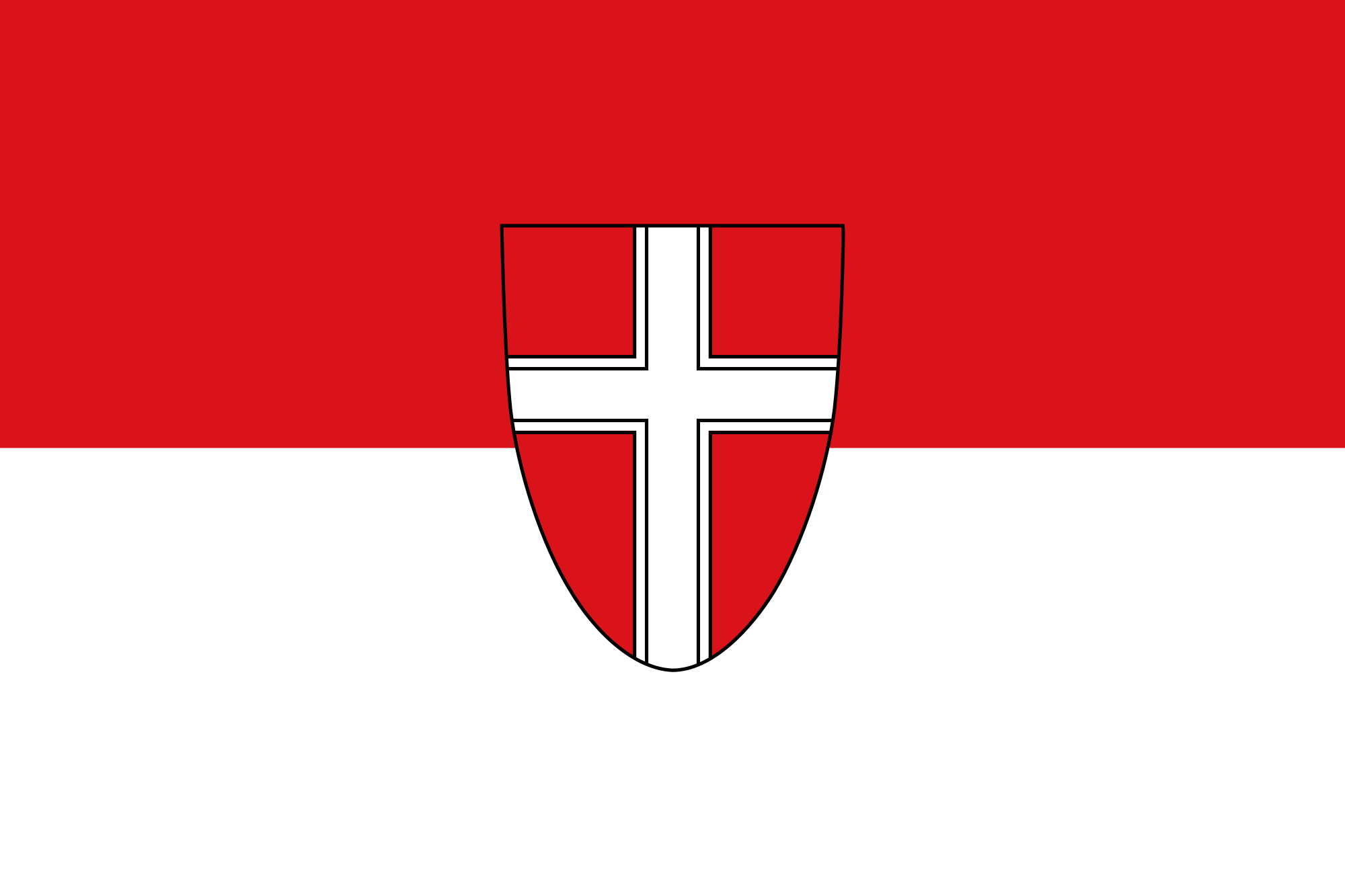

维也纳艺术史博物馆(Kunsthistorisches Museum)坐落在维也纳环城大街旁边,与霍夫堡皇宫相对。十九世纪下半叶,维也纳老城墙被拆除之後,就开始了博物馆得建造工作。1871-1891年 间,两座辉煌的博物馆建筑拔地而起,这就是维也纳艺术史博物馆和维也纳自然史博物馆。两座博物馆之间是为纪念奥地利唯一的女皇帝-玛丽亚特蕾西亚而建得广 场。如今,维也纳艺术史博物馆是全世界第四大艺术博物馆。这里珍藏著哈布斯堡王朝数百年来收集的欧洲珍品。卢本斯、伦勃朗、丢勒、拉菲尔、提香等著名画家 的作品使这座艺术博物馆的名声倍增。(Quelle: www.youer.com/)
艺术史博物馆(德语:Kunsthistorisches Museum)是奥地利维也纳的一座博物馆,设在戒指路旁富丽堂皇的大楼内,有一个圆满的八角形穹顶,是世界上藏品最丰富的美术和装饰艺术博物馆之一。
Das Kunsthistorische Museum (KHM) ist ein Kunstmuseum in der österreichischen Hauptstadt Wien. Es zählt zu den größten und bedeutendsten Museen der Welt. Es wurde im Jahr 1891 eröffnet und 2015 von ca. 1,4 Millionen Menschen besucht.[1]
Das Kunsthistorische Museum gehört mit seinem Schwestergebäude, dem gegenüber liegenden Naturhistorischen Museum, zu den bedeutendsten historistischen Großgebäuden der Ringstraßenzeit. Zusammen umstehen sie den Maria-Theresien-Platz (neben dem Burgring), auf dem das Maria-Theresien-Denkmal steht. Dieser Platz bedeckt einen Teil des ehemaligen Glacis zwischen heutiger Ringstraße und Zweierlinie und bildet ein Ensembledenkmal, das auch zum Weltkulturerbe Historisches Zentrum von Wien gehört.
美術史美術館(びじゅつしびじゅつかん、独: Kunsthistorisches Museum)は、オーストリア・ウィーンにある美術館。美術史博物館(びじゅつしはくぶつかん)とも呼ばれる。古代から19世紀に至るヨーロッパ各地の美術品を収蔵している。自然史博物館と対になる施設として建てられ[3]、1891年に開館。現在は組織上ウィーン大学の一部局である。
The Kunsthistorisches Museum (lit. "Museum of Art History", also often referred to as the "Museum of Fine Arts") is an art museum in Vienna, Austria. Housed in its festive palatial building on Ringstraße, it is crowned with an octagonal dome. The term Kunsthistorisches Museum applies to both the institution and the main building. It is the largest art museum in the country.
It was opened around 1891 at the same time as the Natural History Museum, Vienna, by Emperor Franz Joseph I of Austria-Hungary.[2] The two museums have similar exteriors and face each other across Maria-Theresien-Platz. Both buildings were built between 1871 and 1891 according to plans drawn up by Gottfried Semper and Karl Freiherr von Hasenauer.
The two Ringstraße museums were commissioned by the emperor in order to find a suitable shelter for the Habsburgs' formidable art collection and to make it accessible to the general public. The façade was built of sandstone. The building is rectangular in shape, and topped with a dome that is 60 meters high. The inside of the building is lavishly decorated with marble, stucco ornamentations, gold-leaf, and paintings.
Le musée d'Histoire de l'art de Vienne (en allemand : Kunsthistorisches Museum) de Vienne, en Autriche est un musée d'art considéré comme l'un des premiers musées d'art ancien du monde.
Il Kunsthistorisches Museum (in italiano "Museo della storia dell'arte"), che nel 2012 ha contato 1.351.940 visitatori[1], è uno dei principali musei di Vienna ed uno dei più antichi e ricchi al mondo. L'edificio principale, sormontato da una cupola ottagonale alta 60 metri, si trova in Maria-Theresien-Platz, lungo la Ringstraße che circonda il distretto di Innere Stadt.
Il Museo venne inaugurato ufficialmente il 17 ottobre 1891 alla presenza dell'imperatore Francesco Giuseppe I d'Asburgo dopo oltre trent'anni dalla prima commissione. Dal 22 ottobre venne aperto al pubblico. L'edificio si affaccia sulla Maria-Theresien-Platz, specularmente al Naturhistorisches Museum (Museo storico-naturalistico). I due musei vennero commissionati dall'imperatore nel 1858 per contenere l'immensa collezione di opere d'arte degli Asburgo e di rendere il loro patrimonio accessibile a tutti. Il concorso per la realizzazione degli edifici venne bandito nel 1867 e vinto dagli architetti Carl von Hasenauer e Gottfried Semper. La prima pietra venne posata, senza troppe cerimonie, il 27 novembre 1871. Le facciate richiamano lo stile rinascimentale italiano e gli interni sono decorati con marmo, ornamenti di stucco e d'oro e pitture.
Una delle più importanti sculture del museo, la Saliera di Benvenuto Cellini, è stata rubata l'11 maggio 2003 e recuperata il 21 gennaio 2006 in una scatola, sepolta sotto terra, in una foresta vicino alla città di Zwettl, in Austria. È stato il più grande furto d'arte nella storia austriaca.
El Museo de Historia del Arte de Viena (en alemán, Kunsthistorisches Museum) es uno de los primeros museos de bellas artes y artes decorativas del mundo. Tiene por sede un palacio de la Ringstraße, coronado con una cúpula octogonal. El término Kunsthistorisches Museum se aplica tanto a la institución como a su edificio principal.
Se inauguró en 1891 al mismo tiempo que el Museo de Historia Natural (Naturhistorisches Museum) por el emperador Francisco José I de Austria-Hungría. Los dos museos tienen exteriores idénticos y están uno frente a otro flanqueando la Plaza de María Teresa. Ambos edificios fueron erigidos entre 1872 y 1891 de acuerdo a los planos diseñados por Gottfried Semper y Karl Freiherr von Hasenauer.
Los dos museos de la Ringstraße fueron encargados por el Emperador para dar un alojamiento adecuado a la formidable colección de arte de los Habsburgo y hacerla accesible al gran público. La fachada se edificó de piedra arenisca. Tiene planta rectangular y acaba en una cúpula de 60 metros de alto. Está coronado por una estatua colosal de Palas Atenea. El interior del edificio está lujosamente decorado con mármol, ornamentación de estuco, pan de oro y pinturas, haciendo de él una obra de arte por sí mismo.
Este museo alberga la mejor colección mundial de Rubens y su círculo, junto con la del Museo del Prado, así como varios retratos esenciales de Velázquez, que fueron remitidos por Felipe IV de España debido a los lazos de parentesco que unían ambas cortes. El grupo de pinturas de Brueghel el Viejo supone alrededor de un tercio de toda su producción.
Музей истории искусств (Художественно-исторический музей, нем. Kunsthistorisches Museum, сокращенно KHM) — известный художественный музей в Вене. Он был открыт в 1891 году напротив идентичного по внешнему облику Музея естествознания на площади Марии Терезии во Внутреннем Городе. Приказ о строительстве был отдан императором Францем Иосифом I в рамках расширения города в 1858 году. Оба музея построены в стиле итальянского Ренессанса по проекту Готфрида Земпера и барона Карла фон Хазенауера.









 Art
Art
 Museum
Museum
 Vacation and Travel
Vacation and Travel
 World Heritage
World Heritage
 Vienna
Vienna



